QUIZ: Can you name these local wildflowers?
/Test your knowledge and learn some surprising facts about our local plants
After much delay, spring has finally sprung!
Before you venture out on a spring hike, get to know the wildflowers that are sprouting up along local trails. These flowers aren't just pretty. Native plants provide habitat for animals, collect rainwater naturally, and filter pollution, unlike some nonnative and invasive species.
If you're looking to spot these flowers for yourself, we recommend a trip to Shenandoah National Park. There are more than 860 species of wildflowers in the park!
How many of these native wildflowers can you name?
#1: An early bloomer with uses as herbal medicine
This flower, which blooms in early spring, has beautiful, white petals with a pop of yellow in the middle. It's not just nice to look at. This plant has been used to treat inflammation, cough, infections, as an antiplaque agent, and cancer.
Got a guess? Click the arrow on the right to find out.
#2: Pennsylvania's state flower
The flower resembles an umbrella with a touch of green and a ring of pink at its center. These beauties bloom in June and hold the honor of being Pennsylvania's state flower.
Got a guess? Click the arrow on the right to find out.
#3: Lucky number three?
This elegant flower blooms from April to May and has a minor obsession with the number three. Basically every part of this flower comes in threes: three leaves, three petals, three seed pods. It is also holds the title as Ohio's official wildflower.
Got a guess? Click the arrow on the right to find out.
#4: Looks pretty. Tastes like potatoes.
You can spot this flower from March to May. Its roots are edible, but don't taste floral. The flavor is similar to potatoes, earning it the nickname "fairy spud." Find a recipe here.
Got a guess? Click the arrow on the right to find out.
#5: Nickname: "Liverleaf"
This wildflower has gorgeous lavender petals with a chartreuse center. They bloom early, in late March, and have been used as an herbal medicine for a variety of ailments. Their historical purpose was to treat the liver.
Got a guess? Click the arrow on the right to find out.
#6: Caution: This flower can make you stumble
These guys are a little wacky. Not only do they look like a pair of upside-down pants, but the flowers have hallucinogenic properties. From April to early May, cows and horses have been known to accidentally munch on them and consequentially lose their balance and sometimes vomit. That's how it got its nickname, staggerweed.
Got a guess? Click the arrow on the right to find out.
#7: A flower that's probably way older than you
This flower has seen some. . . stuff. It's probably older than you are! Colonies can live for 200-300 years, but they only bloom from April to May.
Got a guess? Click the arrow on the right to find out.
#8: "Fairy flower" complete with folklore
You can find these flowers blooming from March through April. A similar flower, known by the same name though technically a different species, is common throughout Europe and is associated with myths about fairies. In many children's stories they are portrayed as a tool to lure and trap kids. Spooky!
Got a guess? Click the arrow on the right to find out.
#9: A colorful flower beloved by bufferflies
Talk about a pop of color! Blooming from April through September, these flowers are popular with butterflies and hummingbirds. Additionally, the plant is a mild antibiotic that can possibly improve white blood count.
Got a guess? Click the arrow on the right to find out.
How'd you do? If you got 7 or more correct, count yourself a wildflower expert! Next time you go out for a walk, see how many you can spot. And please avoid the temptation to pluck them from their homes.
You can help local flowers thrive by taking part in a river cleanup! Sign up to get your hands dirty for clean water and healthy lands on our event page >




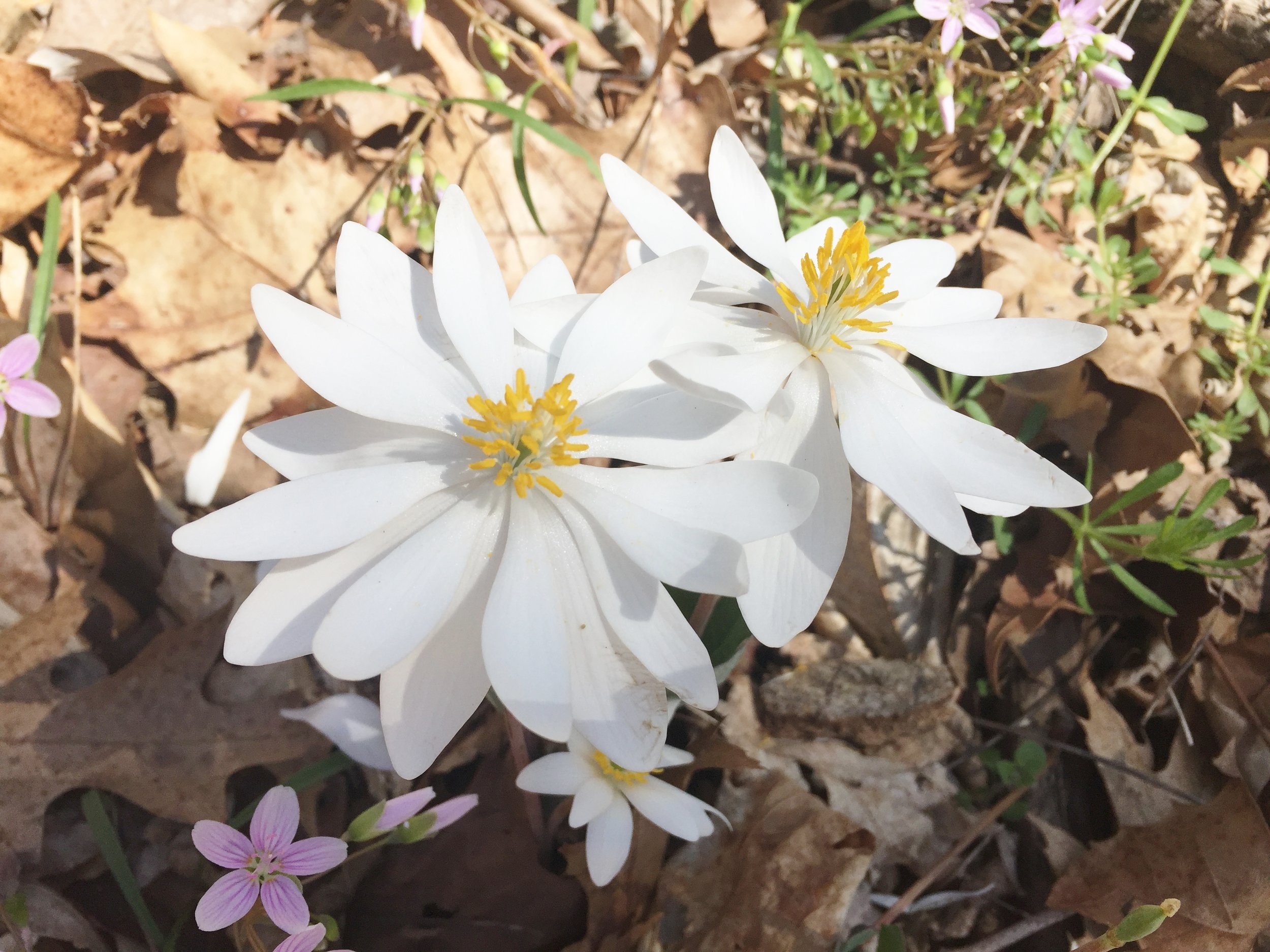

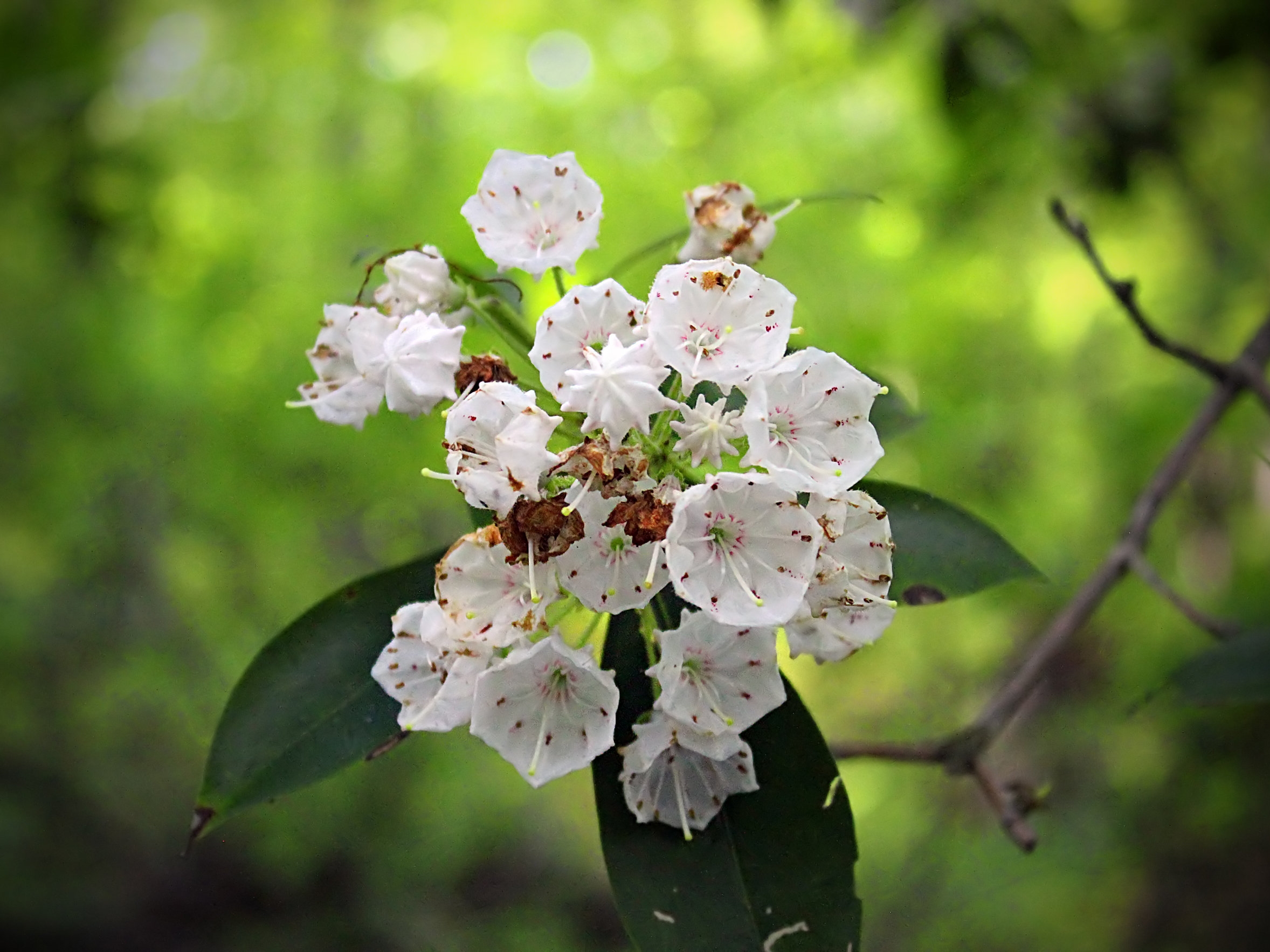

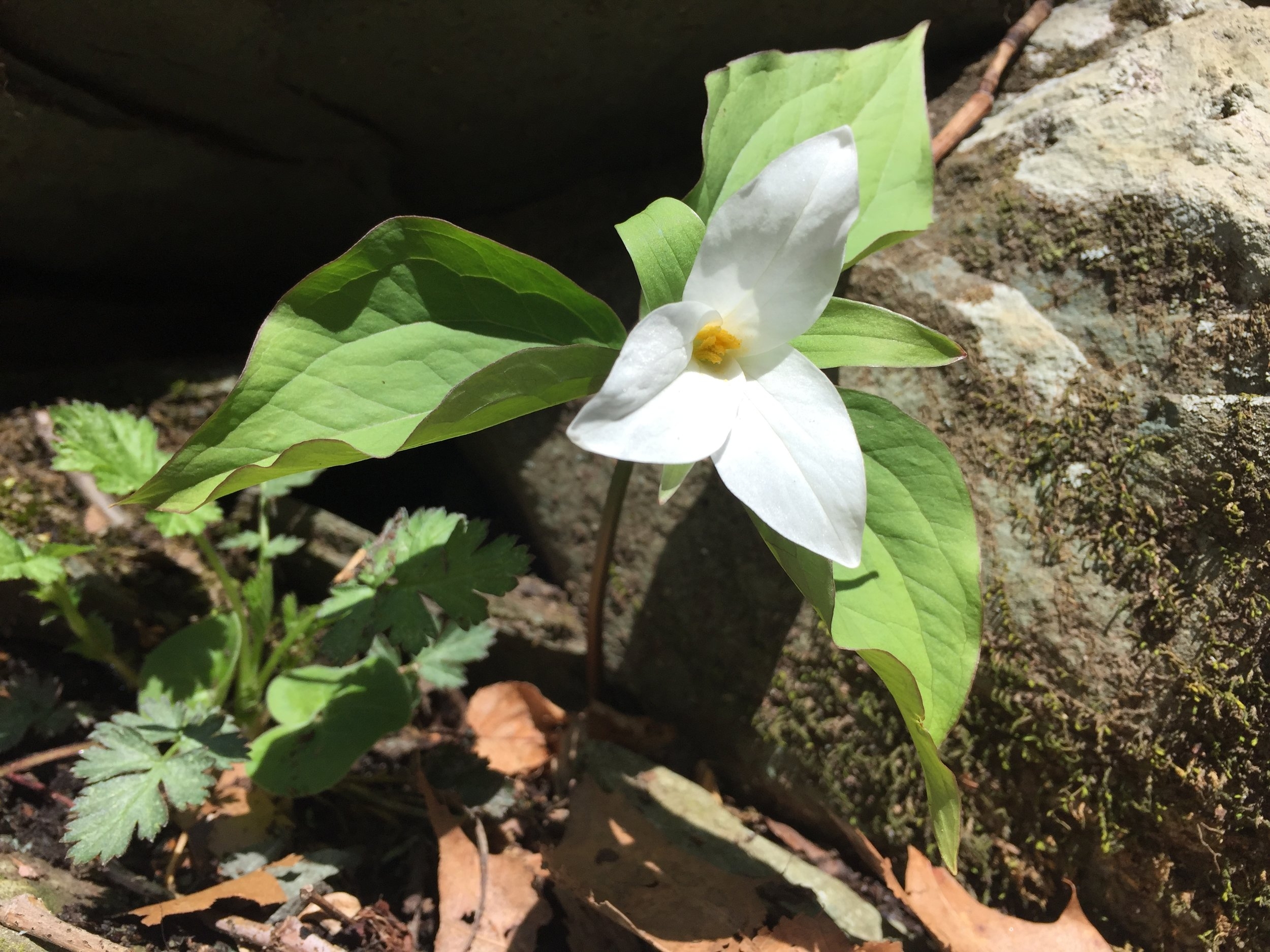

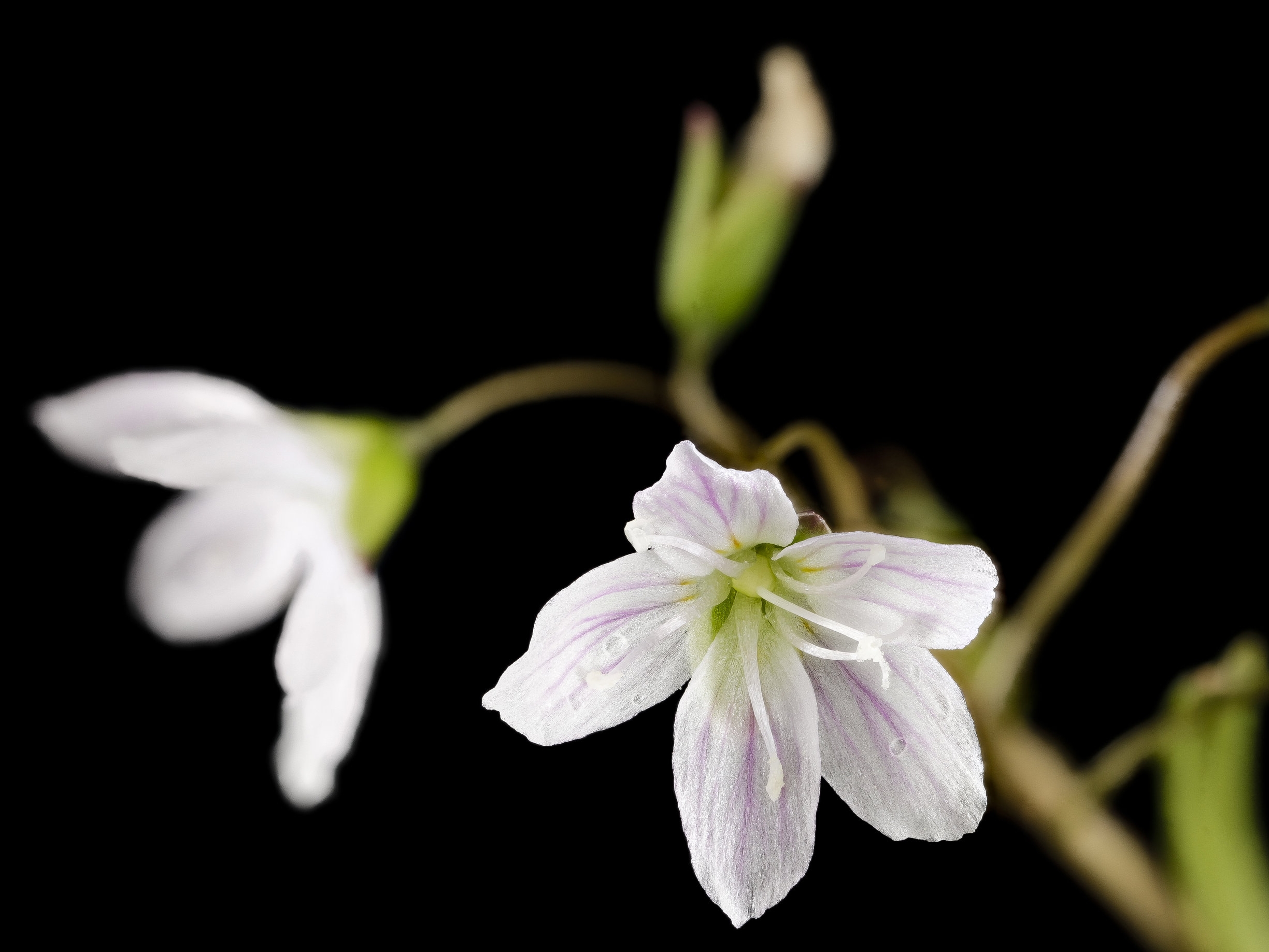

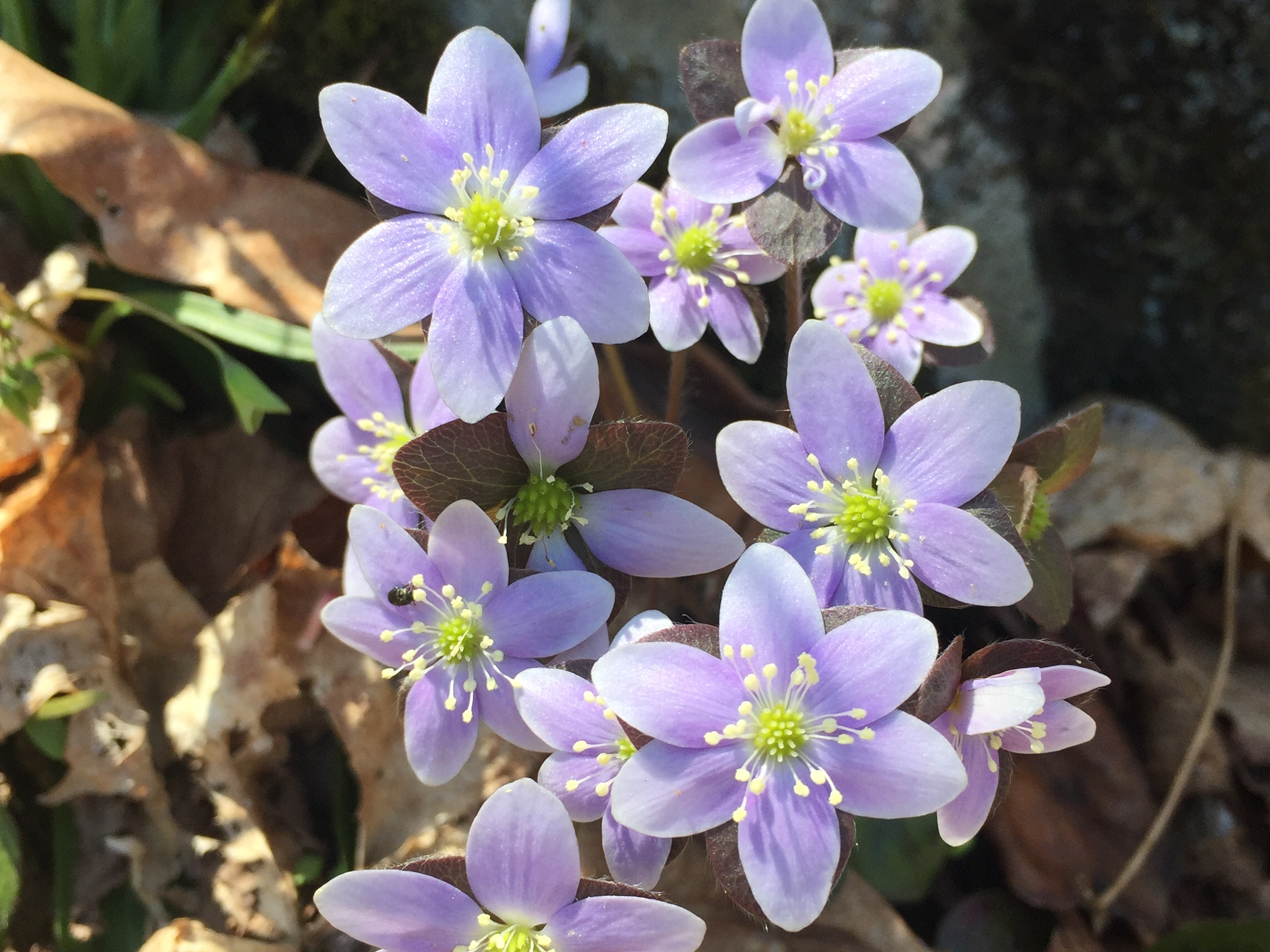
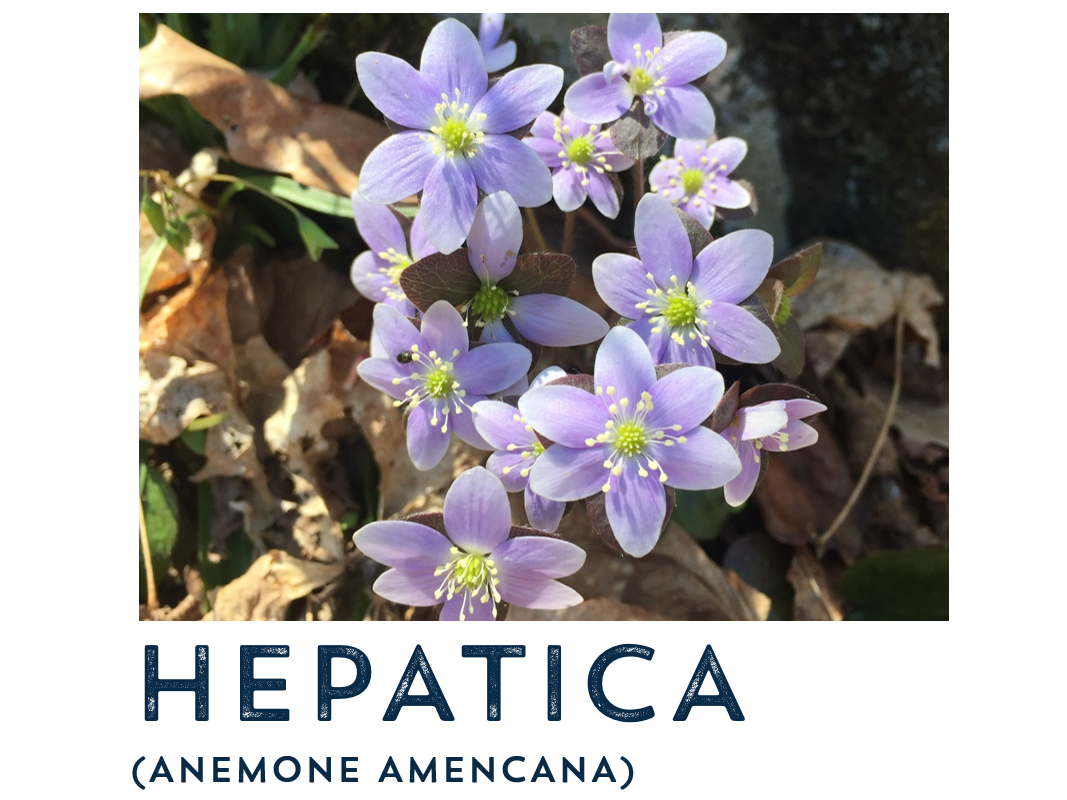
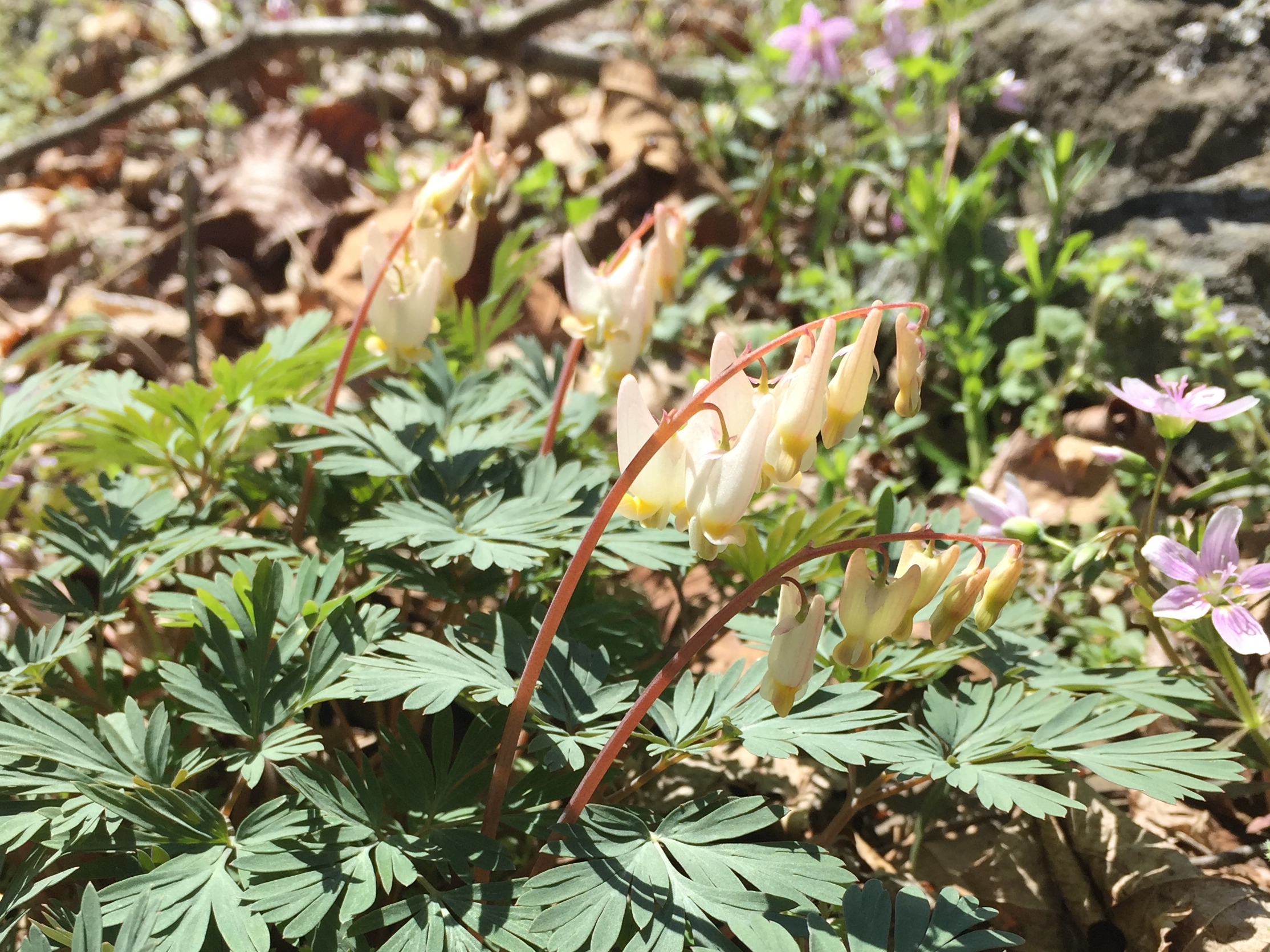
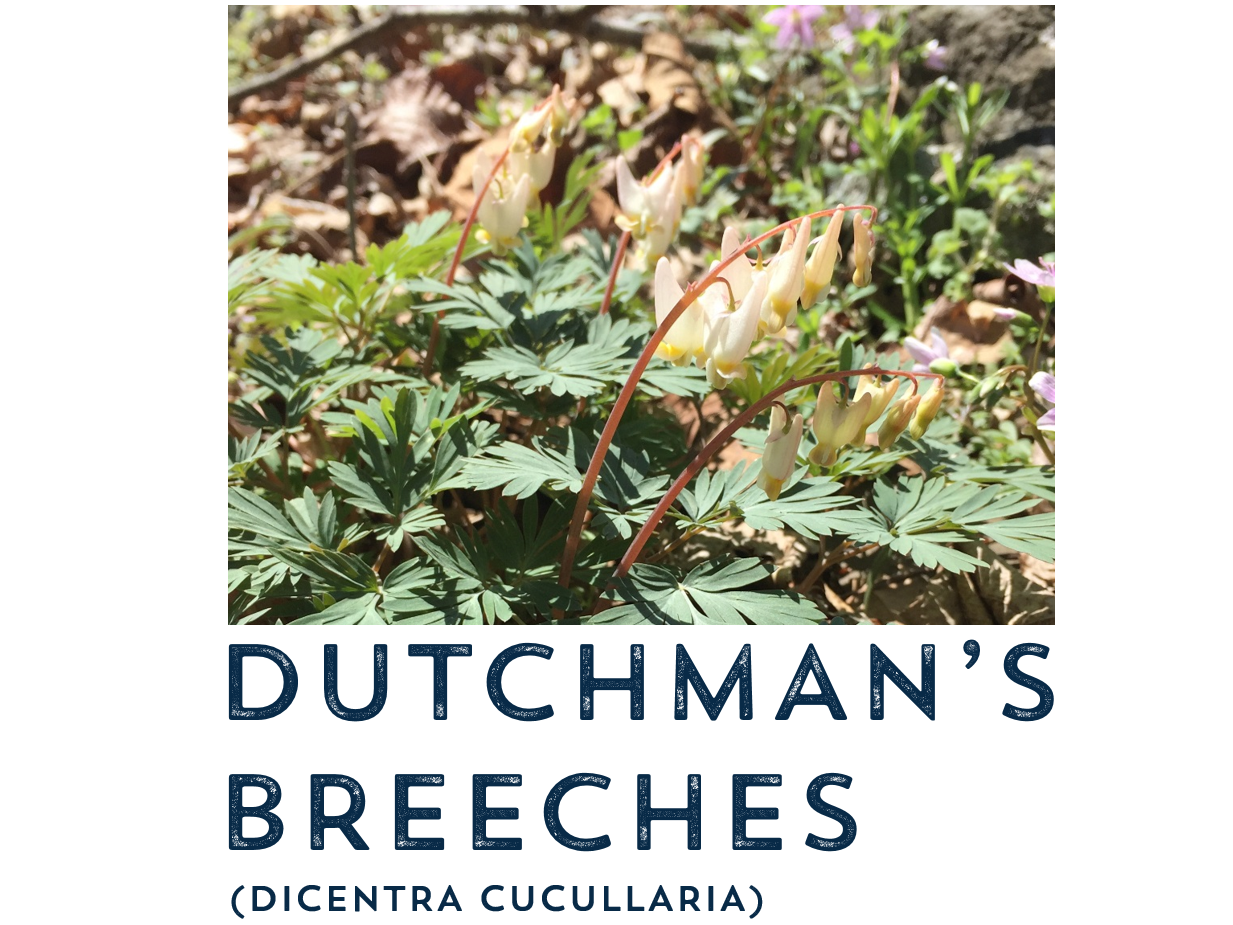
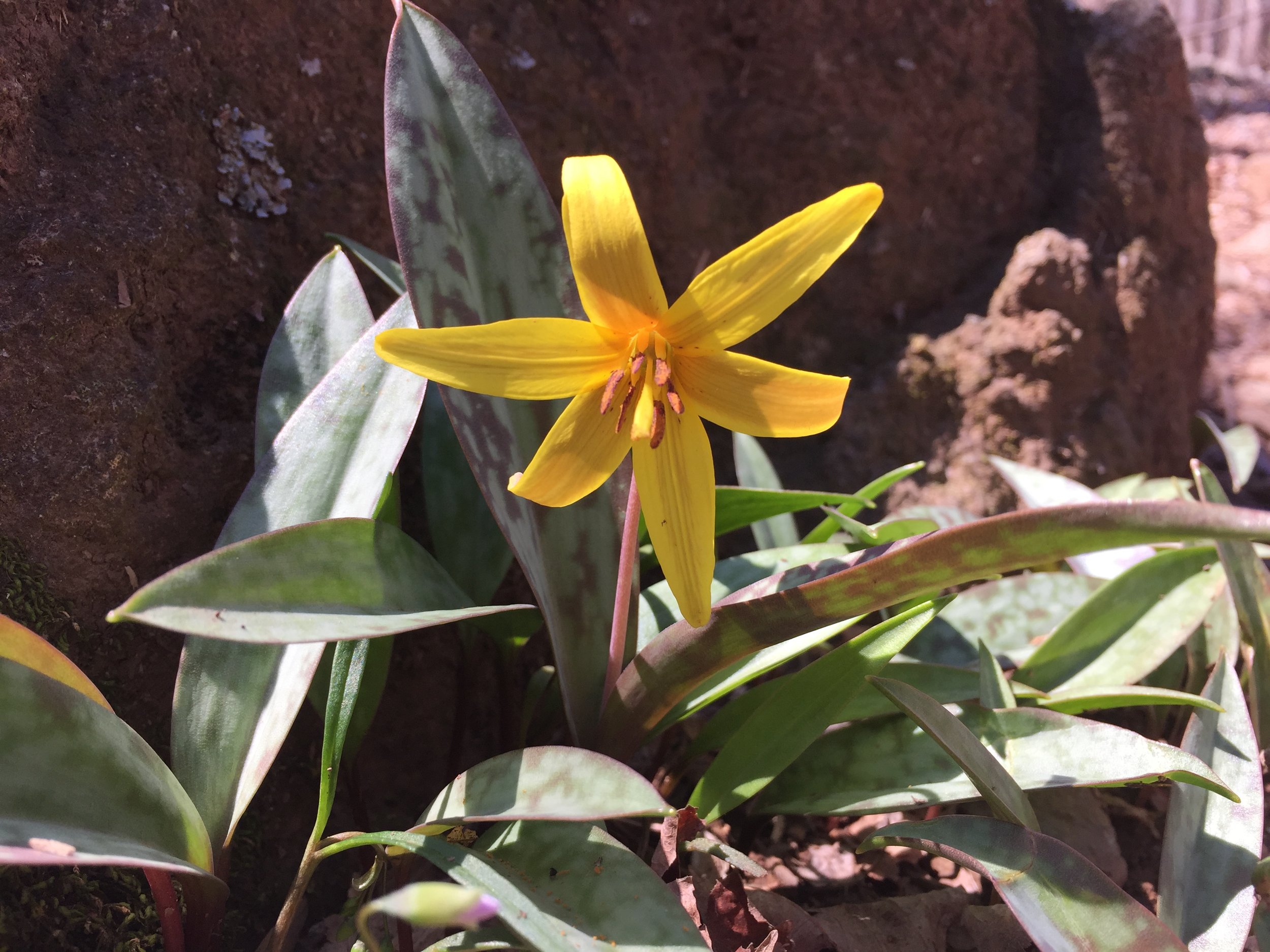
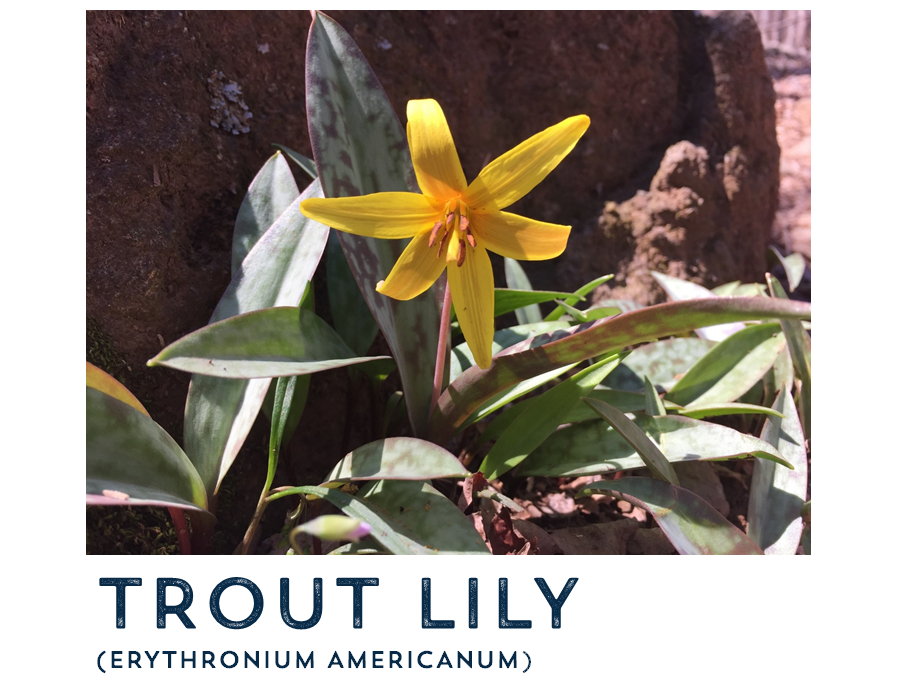
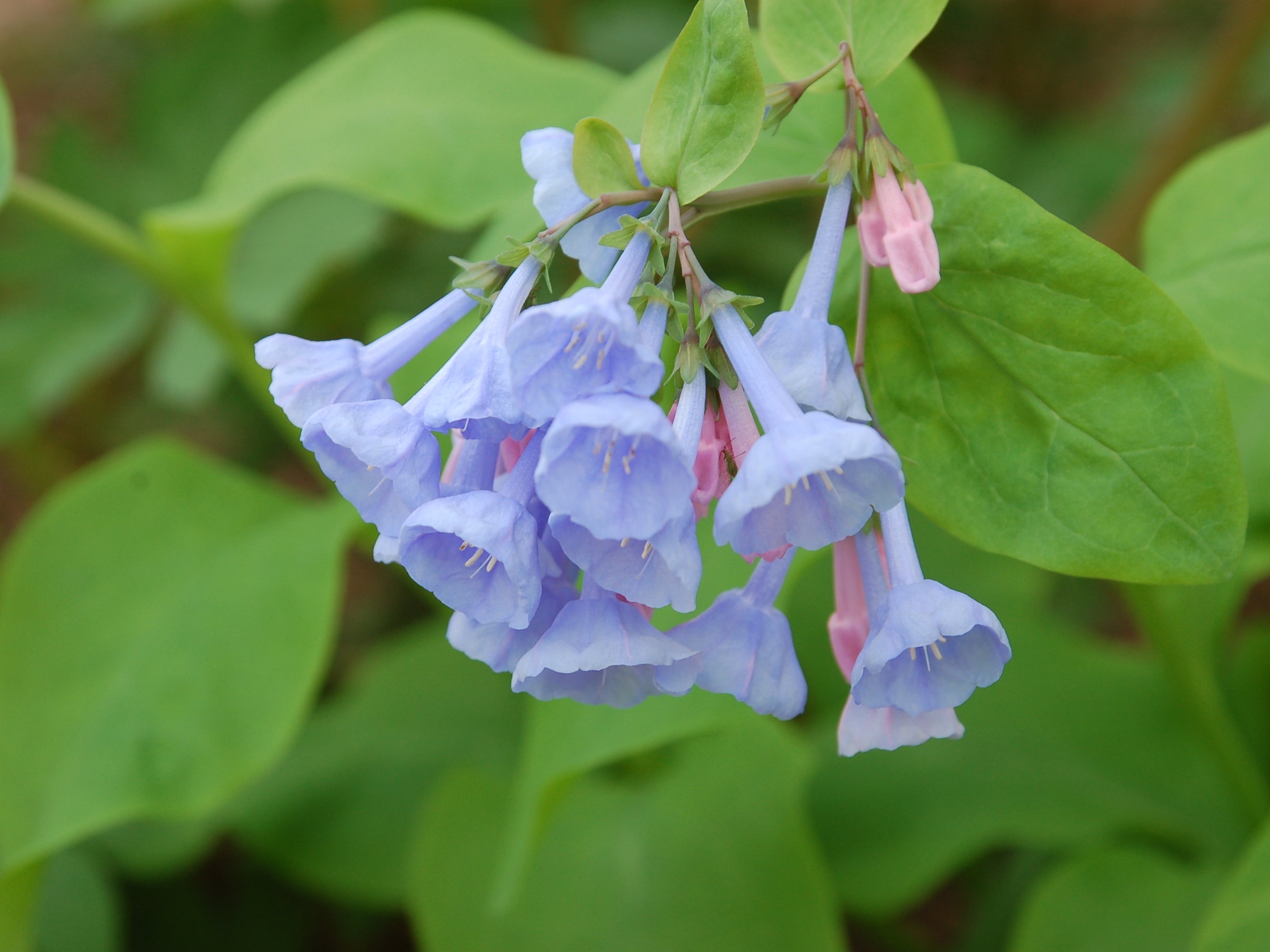
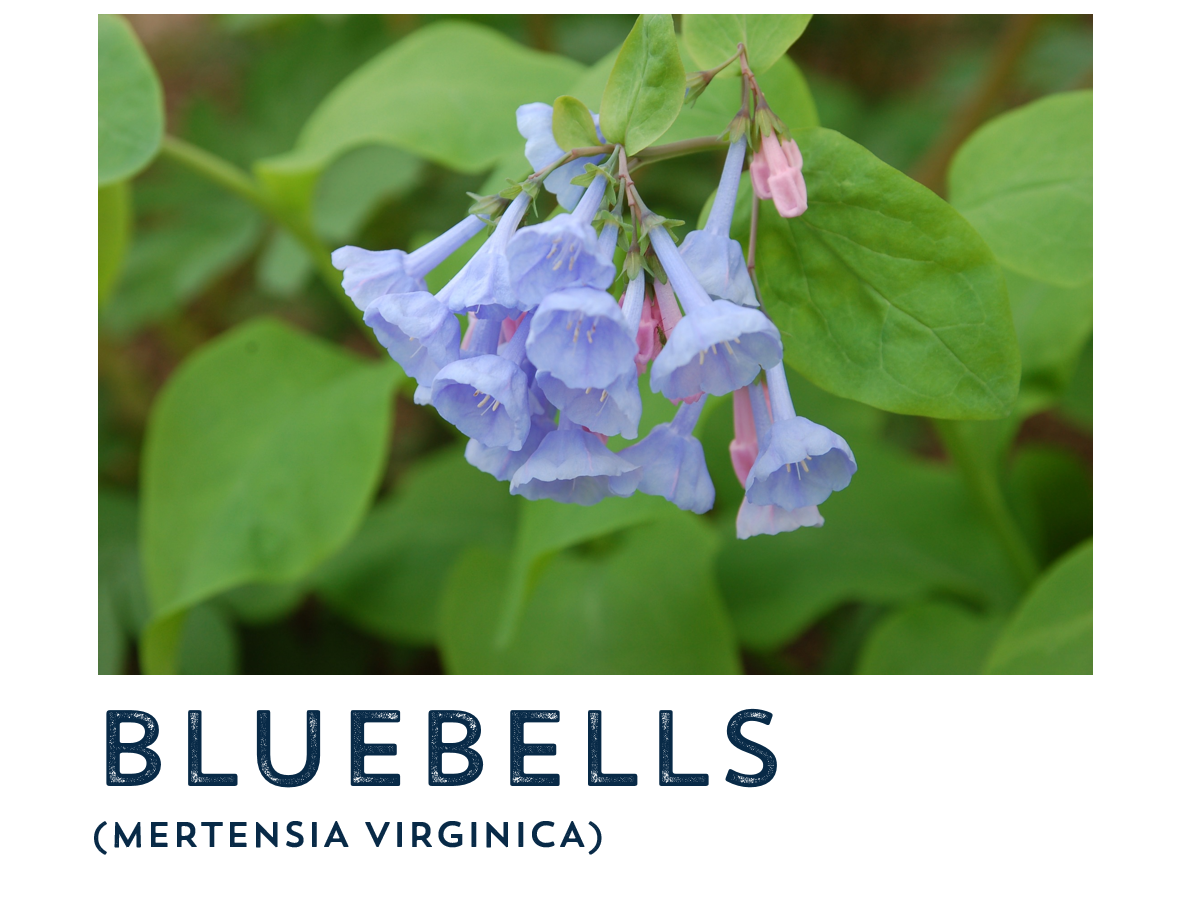
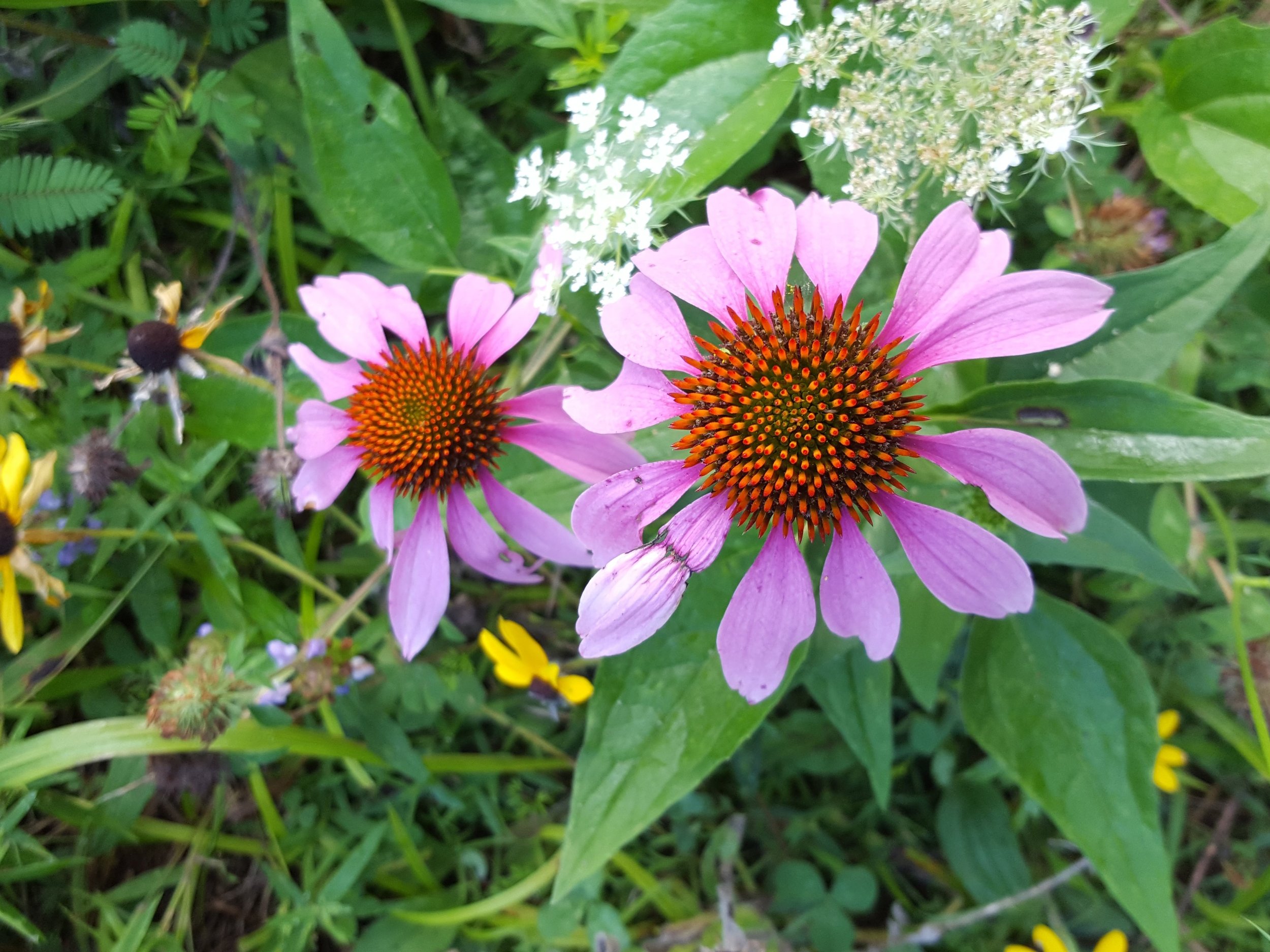
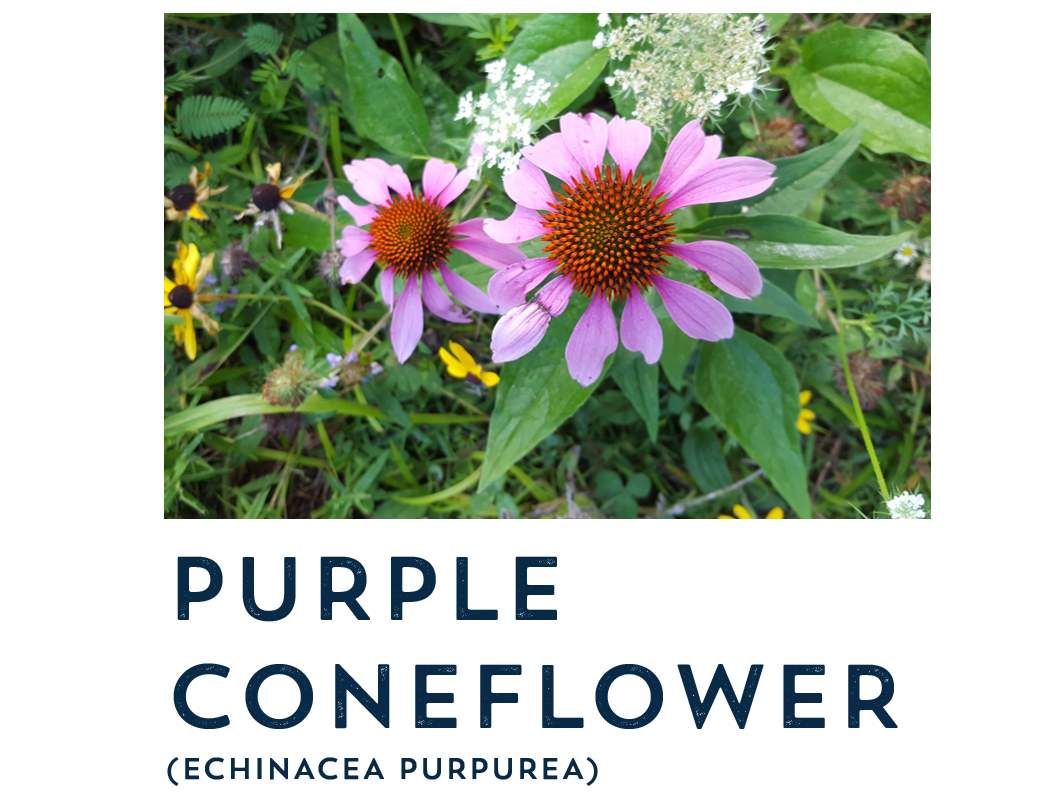






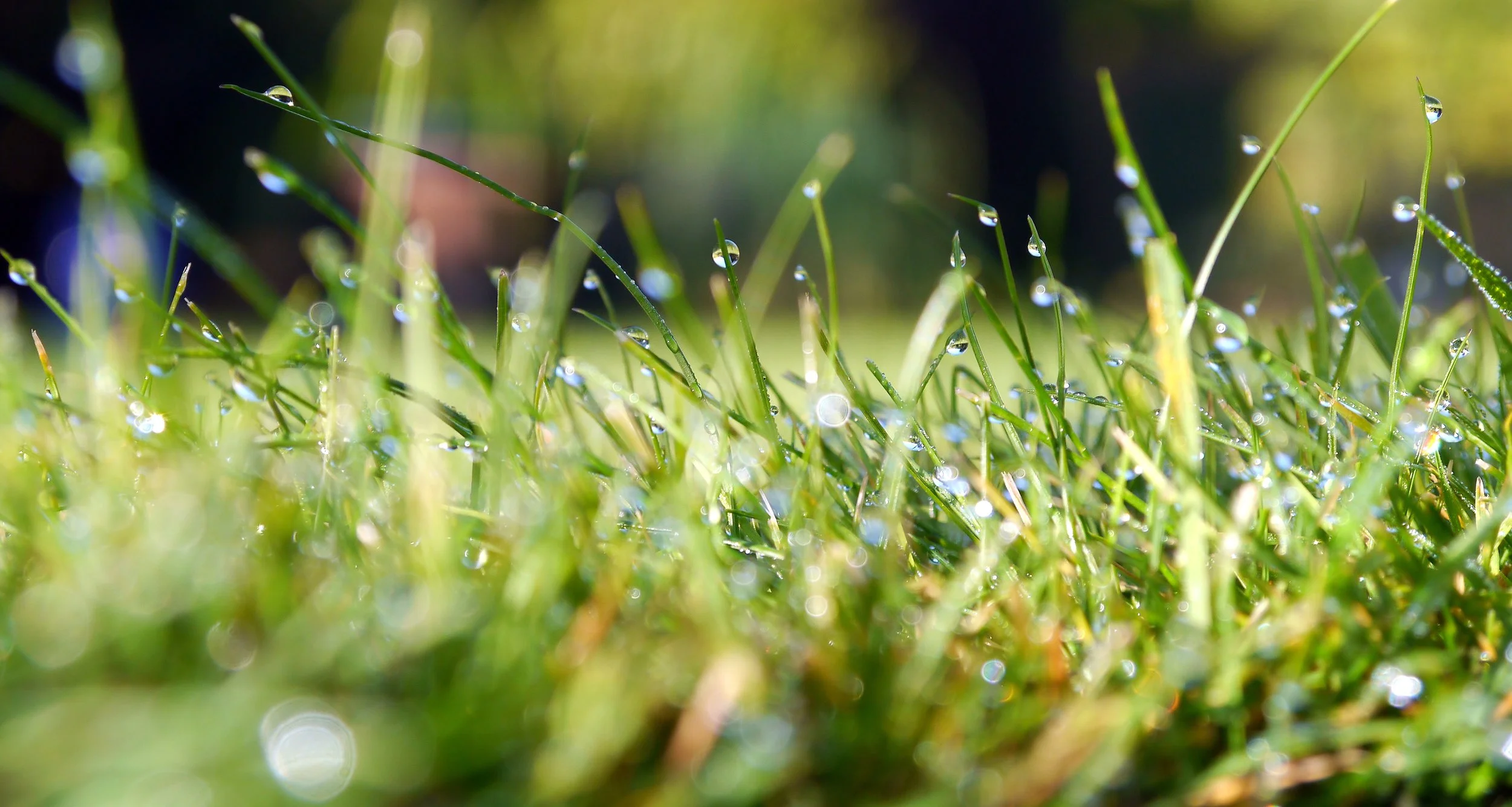



Our Potomac River region is home for many plants that serve a dual purpose! They aren’t just pretty to look at, they have other important benefits, too!
The key is, we need to protect the land and water they rely on. Without a healthy environment, these plants can’t thrive!